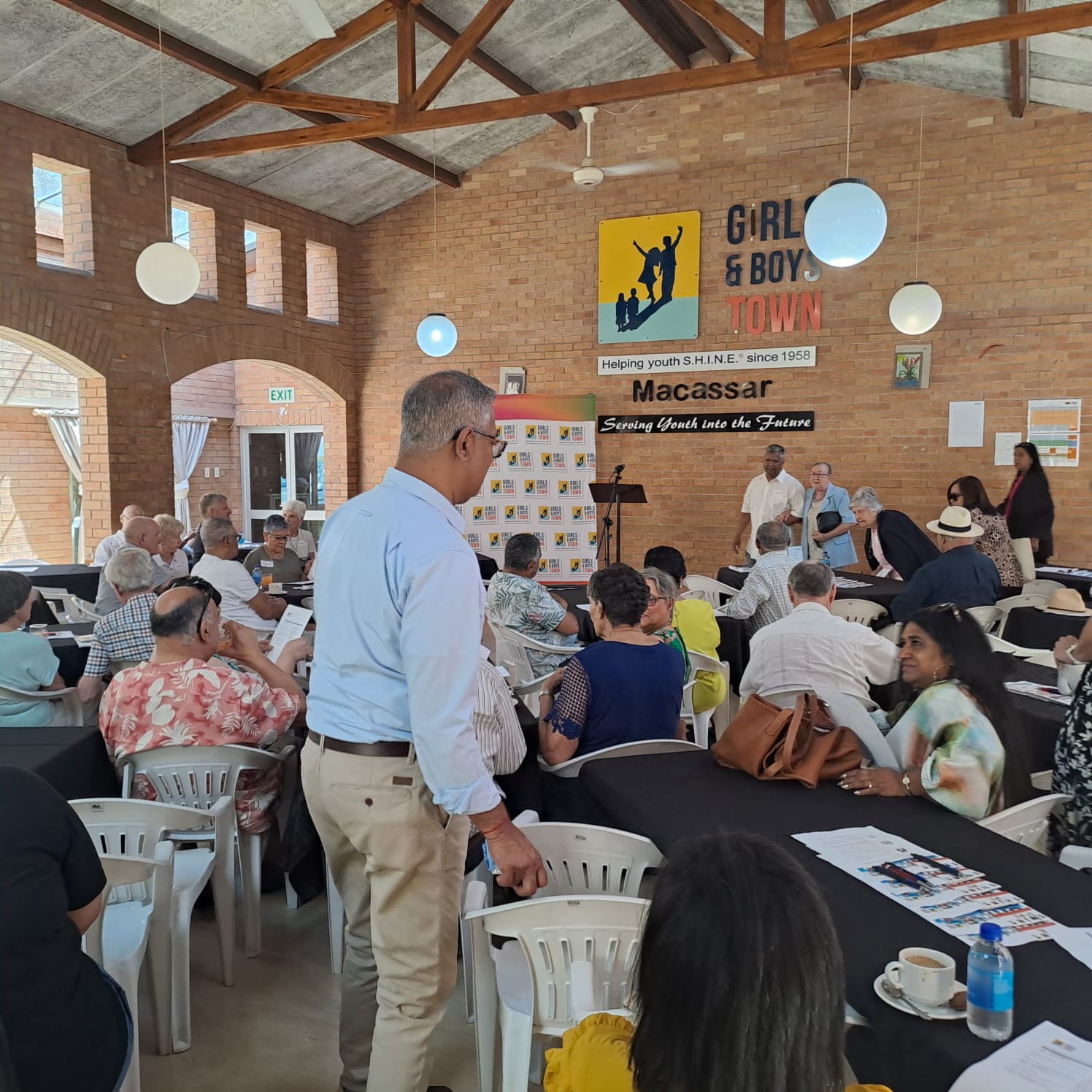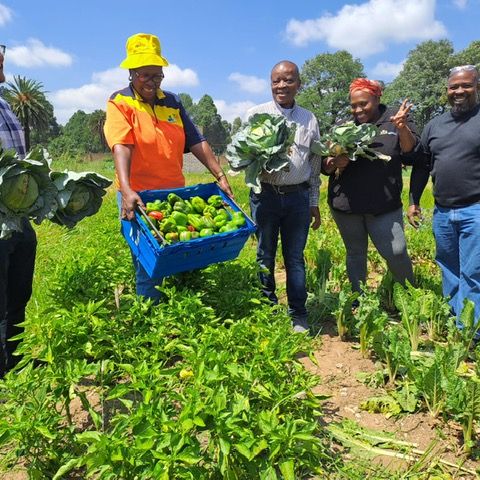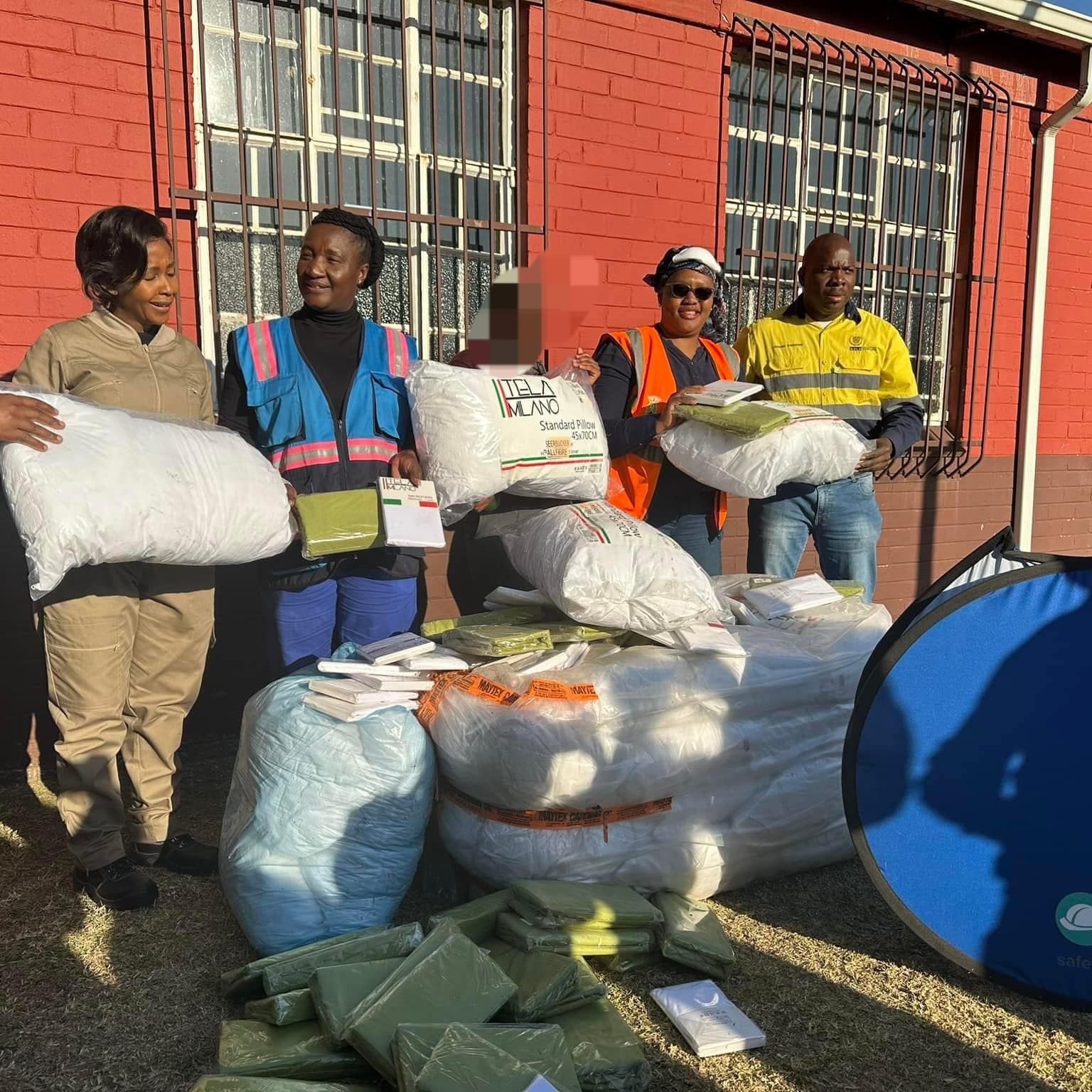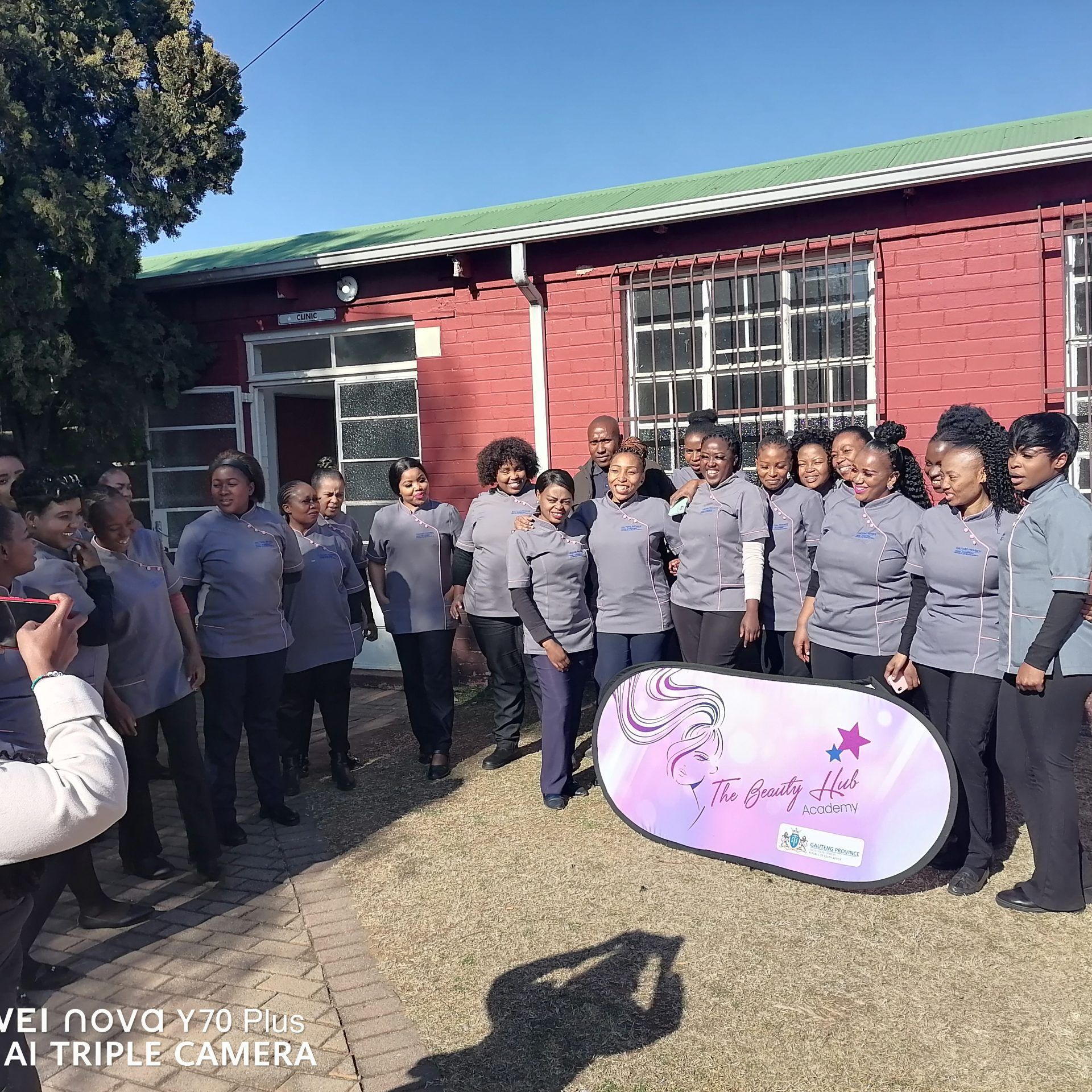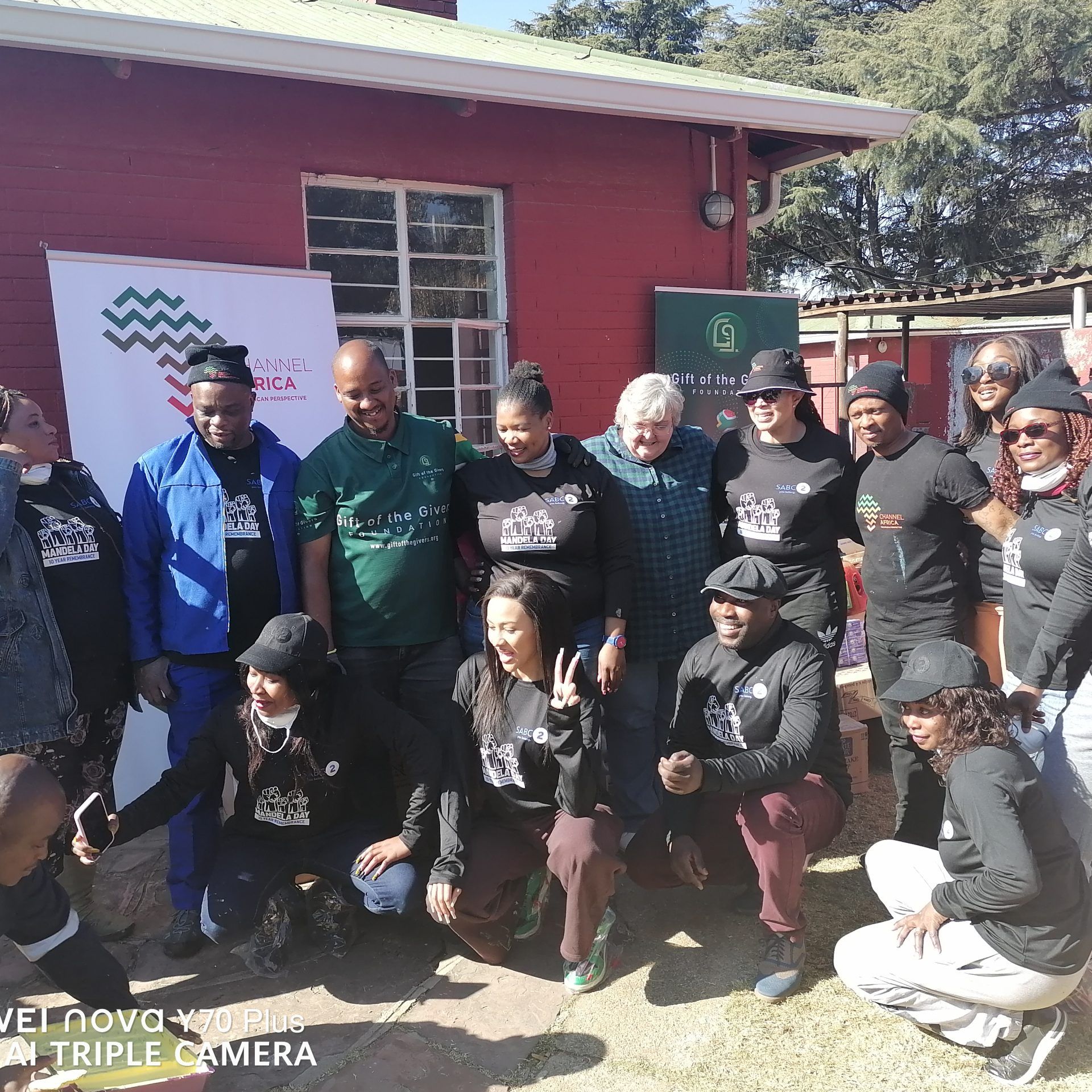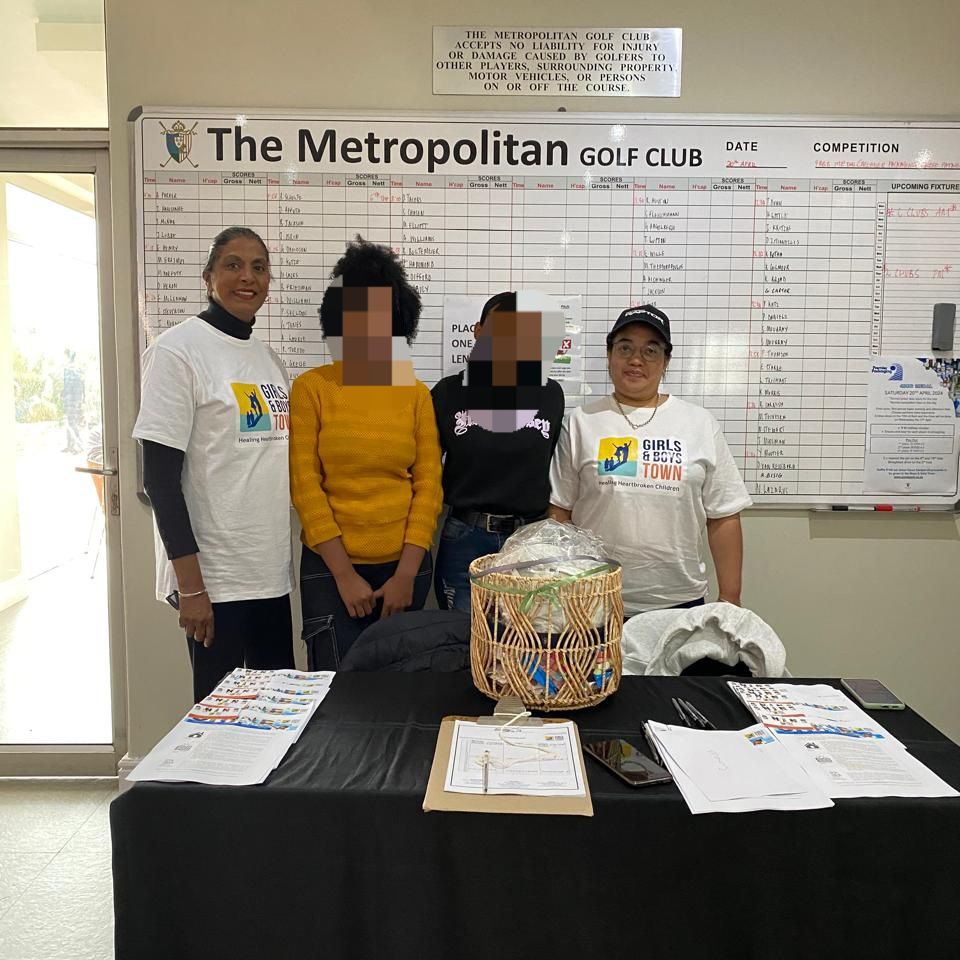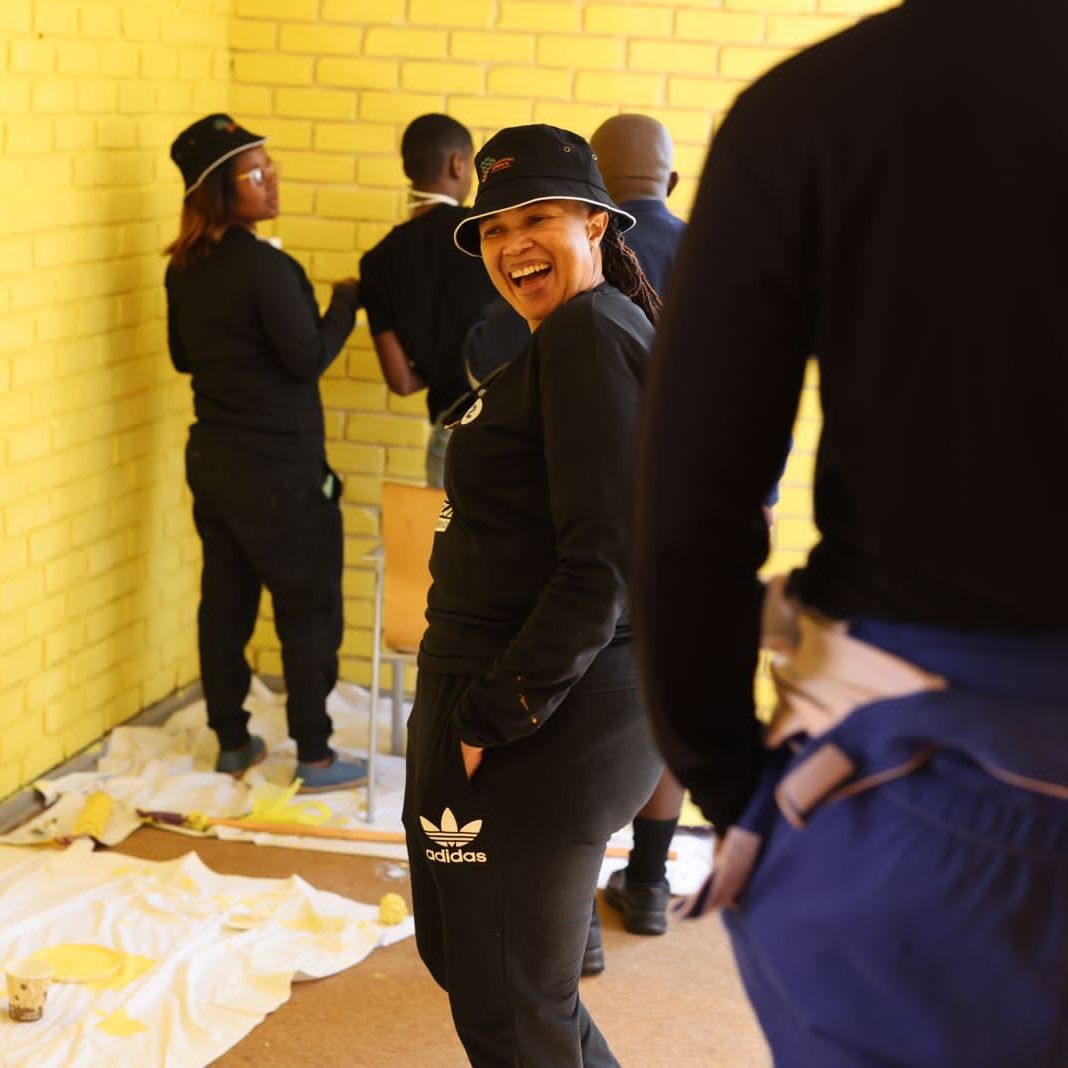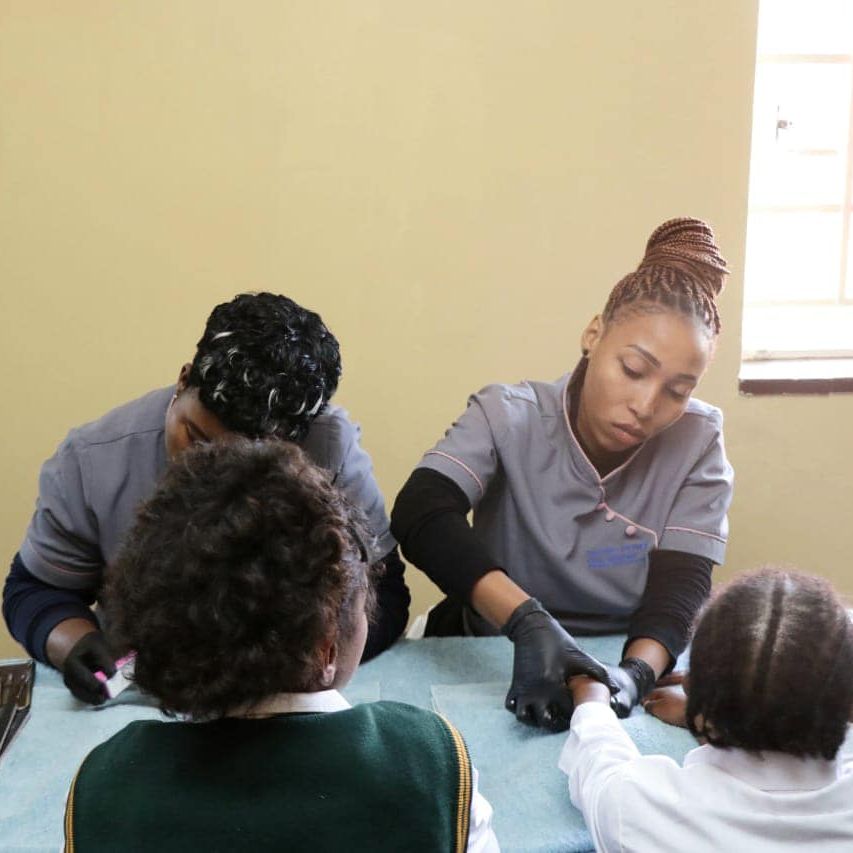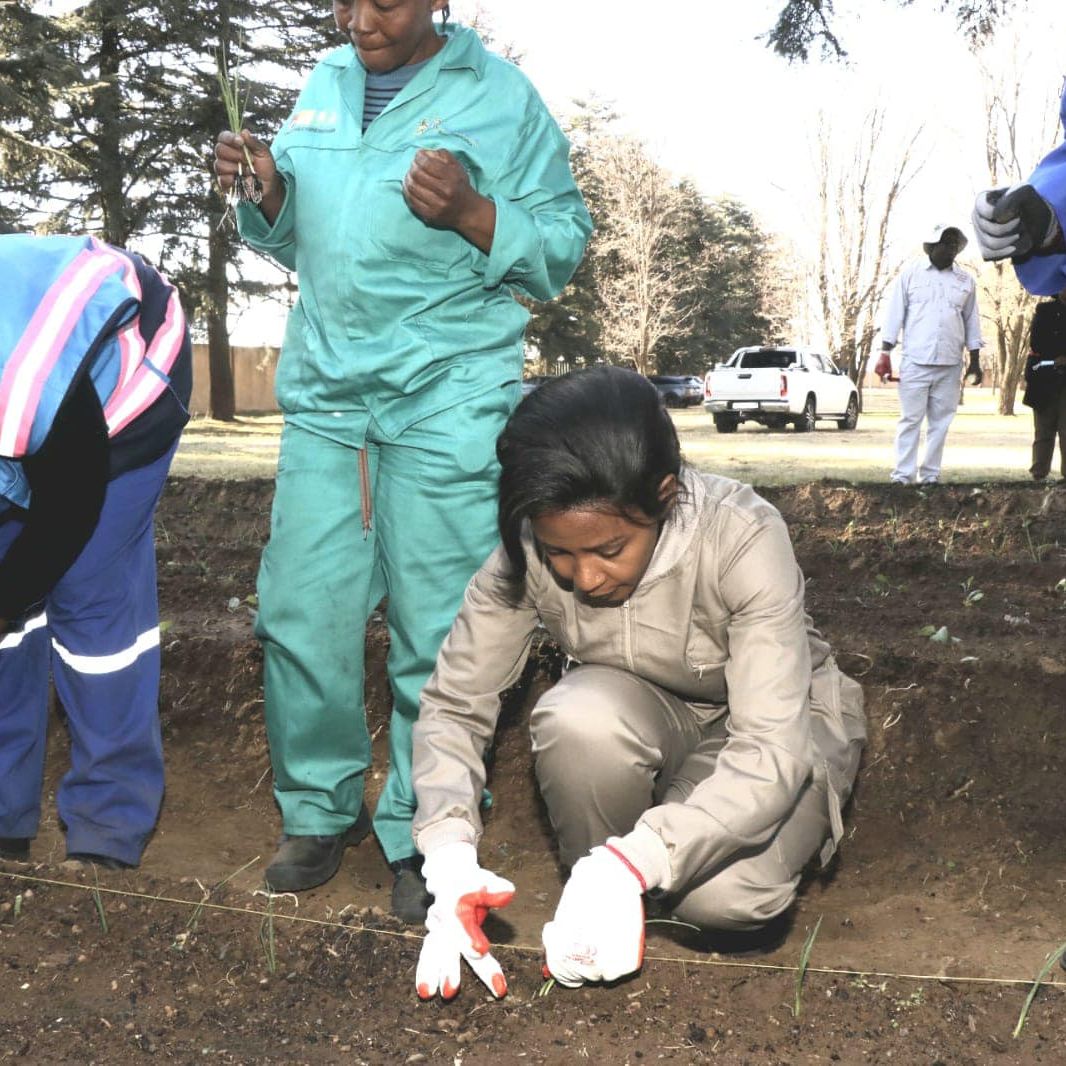Nature of South African families unique
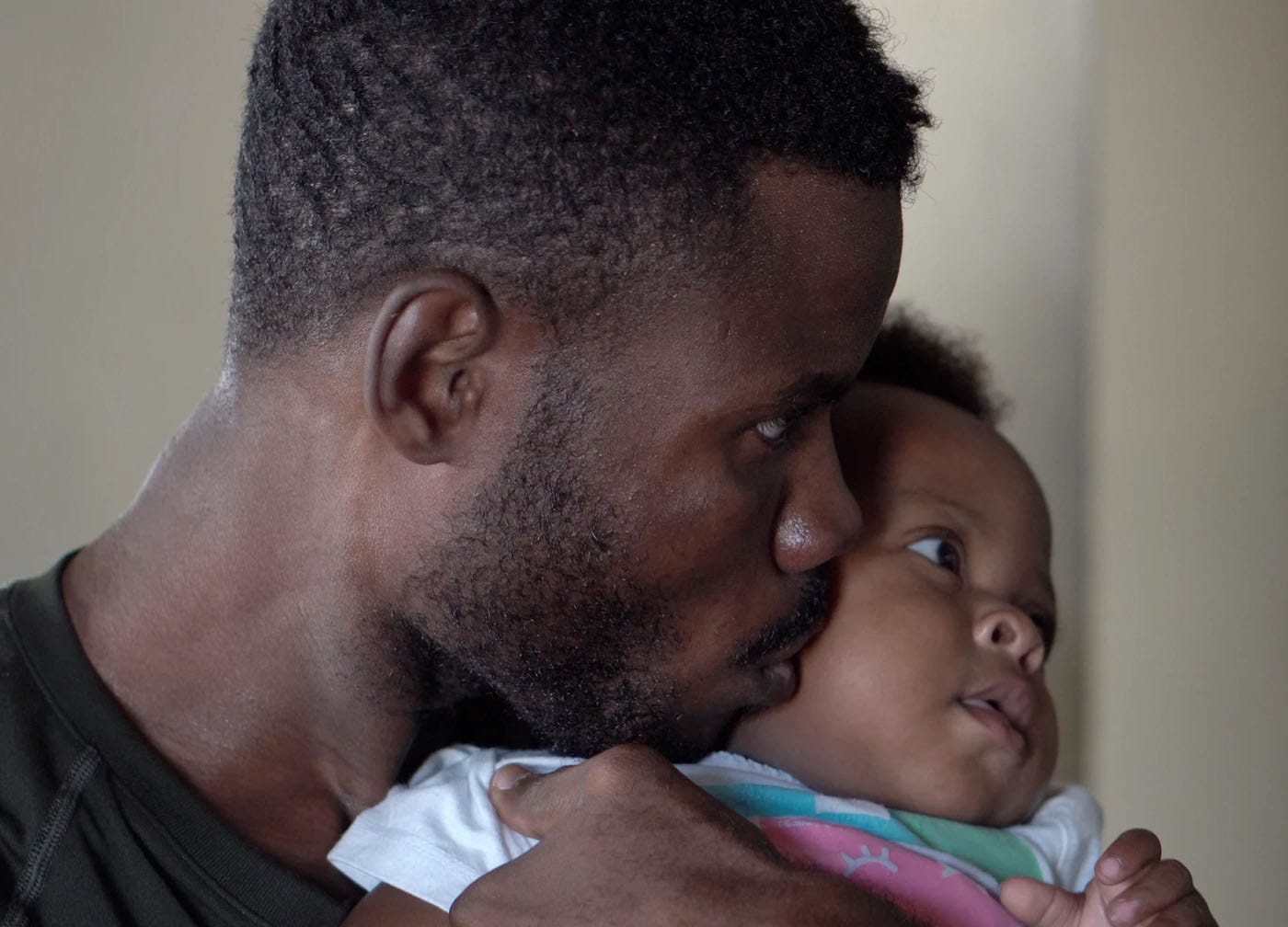
Nature of South African families unique
South Africa is a global “outlier” in terms of the high proportion of children who live in households where neither parent is present, says the World Family Map which provides information on family life in 49 countries. About three out of 10 South African children live in households that do not include their parents, a further three in 10 live with both their parents, and the remainder in homes shared with one parent, usually the mother. These figures provide clues to the complexity of family life in our country. Parent-child relationships often span hundreds of kilometres, grandmothers and aunts play an invaluable child-rearing role, and people continue to move to and from between the family’s urban and rural homes.
The 2018 Child Gauge, an annual publication of the Children’s Institute at University of Cape Town, examines the special characteristics of the South African family and their impact on the wellbeing of children. It also analyses the role of the state in supporting families. The fact that family networks often extend beyond the physical boundaries of a single home does not necessarily prejudice children, Child Gauge contributors Katharine Hall and Linda Richter argue. “What matters most for children are the resources available in the family (within and beyond the household) and the quality and stability of relationships and care.” Children are most likely to live apart from both parents in rural areas and if they fall into the poorest 20% of the population. Two-thirds of these children are looked after by grandparents and a further 19% by an aunt or other relative.
About half the children living separately from one or both parents receive financial support from their absent parent(s) and see the parent(s) a few times each month.
Many of us hoped the democratic era would heal the destruction done to black families under the apartheid regime by the migrant labour system and the pass laws. These injustices separated breadwinners – mostly men but also a substantial number of women – ruthlessly from their children who were not permitted into the cities of “white” South Africa. The erasure of these racist laws has, however, not achieved the general unification of parents and children under one roof. Often harsh economic realities have perpetuated the need for parents to migrate to the cities for the sake of work, although they are materially and emotionally invested in their rural homes.
The state in the last two decades has, however, been more responsive to the fact that families come in all their shapes and sizes. The child support grant, Hall and Richter note, “can be paid to anyone who is looking after the child, with no assumption that it should be the biological mother. (Grants) are meant to follow the child, in recognition that people may move and care arrangements may change”. But the authors point out that there are still significant contradictions:
- School-fee exemptions are based on the combined income of both parents, whether or not they live with the child or support the child.
- While the criteria for housing subsidies recognise a wide range of family forms, in practice the housing units are only large enough for small families.
- Birth registration processes assume most biological parents are married despite statistics indicate otherwise.
The researchers argue that state support for families will continue to be vital to sustainable development and that political commitment is needed to provide services in a way that consistently recognises the diversity of families. Girls and Boys Town South Africa’s practice since 1958 supports the aspects identified in the above report.
Our own ‘Working with and Building Strengths in High Risk Families’ methodology centres around the importance and need for families to be well resourced – for them to know and know how to access resources within their communities in order to strengthen their opportunities for current stability and creation of opportunities for growth into the future. The goal of all family strengthening activities to build the family’s capacity to ultimately achieve functional and healthy independence.
Young people placed into the care of Girls & Boys Town SA, face many of these and other multilevel life challenges, which complicates their healing journey while with us. In recognising the need for us to work with our young people in building their levels of resilience we partnered with the University of Johannesburg just over 10-years ago. This collaboration with the University of Johannesburg, continues to devote extensive time to researching the challenges our own youth face when leaving our care. The purpose of this research is to track the transition of our youth into independence, annually measuring their progress and achievements and then adapting our internal programmes and operations to improve how we more effectively work with and assist children and families in need. These research-based best practices have proven to constructively prepare our girls and boys for life after leaving our care, and we continue to share our findings and practices with other relevant child care organisations and researchers locally and further afield in Africa.


